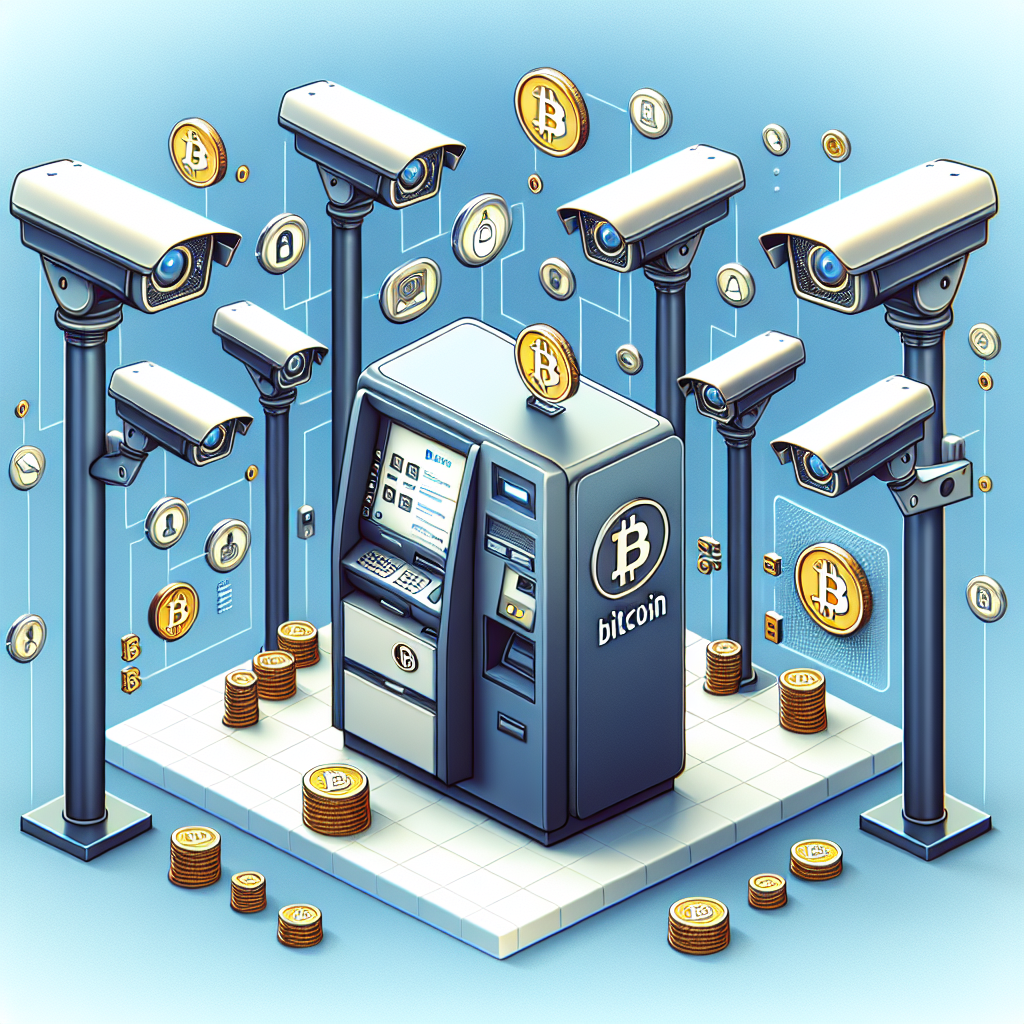Bitcoin ATMs: A Comprehensive Guide to Fees, Operations, and Security
Cryptocurrency Bitcoin, Bitcoin ATMs, Blockchain, CryptocurrencyOperating independently from traditional banking ATMs, Bitcoin kiosks facilitate blockchain transactions that direct cryptocurrencies to users’ digital wallets, commonly utilizing QR codes. These are not the same as automated teller machines (ATMs) employed for physical cash withdrawals, deposits, or bank transfers.
While dispensing cash is outside their functionality, Bitcoin ATMs offer a streamlined method for acquiring bitcoins or other cryptocurrencies. Not true ATMs, these kiosks connect to the Bitcoin blockchain, enabling buy and sell capabilities. They generally aren’t owned by major banks and don’t interface directly with bank accounts.
Functional Overview
Enabling cryptocurrency purchases and sales through internet-linked kiosks, Bitcoin ATMs present users with a terminal for these digital transactions. They’re set up to send and receive digital currency to users’ wallets using QR codes.
Globally, the number of Bitcoin ATMs has surpassed 38,000, indicating their widespread usage and growing commercialization.
Initiating a transaction typically involves choosing a “Buy Range,” followed by wallet QR code scanning, cash, debit, or credit card insertion, and purchase confirmation. Notably, blockchain processing times could cause a delay before coins reflect in the customer’s wallet.
Financial and Regulatory Insights
Utilizing Bitcoin ATMs incurs service fees, generally calculated as a transaction percentage. These kiosks might impose notably higher charges and less favorable exchange rates compared to other methods. For instance, CoinFlip’s fee structure ranges from 4.99% to 21.90%, starkly contrasting with methods like PayPal, charging a mere $0.49 to 1.5% for comparable transactions.
According to data from July 2024, the U.S. alone is home to over 31,000 Bitcoin ATMs, a statistic maintained by Coin ATM Radar—a directory tracking Bitcoin kiosk installations.
Compliance with the BSA mandates registration for all U.S. Bitcoin ATM operators. Verification might entail providing a mobile number, or presenting a government-issued ID and personal identification details to ensure regulatory alignment. Transactions are contingent on meeting these requirements.
Potential Security Concerns
Given that scammers have historically targeted traditional ATMs, Bitcoin ATMs have similarly enticed fraudsters. Tactics include using emails, texts, or social media to deceive users into transferring funds for supposed bills or ransoms through these machines.
Authentic businesses will never guide you to Bitcoin ATMs for payments. Directing you to one is a clear scam indicator, as legitimate transactions won’t necessitate cryptocurrency-only payments.
Operations and Vendors
Firms specializing in cryptocurrency frequently own and manage Bitcoin ATMs. Some companies might integrate their own trading platforms or wallets, necessitating account creation for transactions, akin to traditional banking systems.
Unlike traditional ATMs, Bitcoin counterparts don’t universally dispense cash; this capability varies with the vendor’s setup.
Service fees for using Bitcoin ATMs, as per vendor discretion, can range dramatically. Byte Federal’s ATMs, for instance, charge anywhere from 10% to 25%, while CoinFlip offers a range of 4.99% to 21.90%, contingent on the transaction’s value.
Preparation for Bitcoin ATM Use
Creating a crypto wallet is essential if you don’t already possess one, as it’s needed to store keys and present a QR code to the ATM.
Facilitating cryptocurrency transactions, these ATMs are prolific, particularly in the U.S., yet their convenience is accompanied by heightened fees—ranging from 4% to 25% based on the kiosk chosen.
This content is provided for informational purposes and reflects opinions, comments, and analyses available. Further details can be explored through our resources online.
